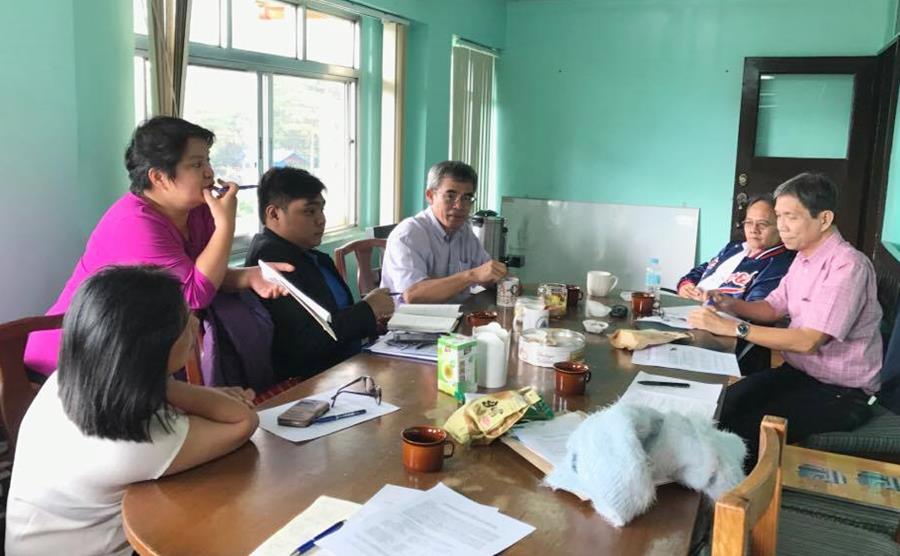The sessions aimed to understand the prevailing issues and identify opportunities to strengthen agricultural advisory services (AAS) in the Cordilleras in preparation for the launch of the project in the region. CAR was selected as a pilot area to test proven strategies and approaches in knowledge management from other countries and strengthen the capacities of AAS actors.
SEARCA, along with the Asia Pacific Island Network for Rural Advisory Services (APIRAS), sought to gain perspective of the AAS system in CAR through discussions with key representatives from the regional Agricultural Training Institute (ATI-CAR) and the Cordillera Highland Agriculture Resource Management (CHARM) Project.
Several successful agricultural extension approaches or programs that could be scaled up and replicated in other areas were identified and these include the Farmers Field School, Farm Business School, School on the Air, and Learning Sites for Practical Agriculture (LSPA).
"The underlying principle of the LSPA is Farmer-to-Farmer Learning. Its purpose is to increase the credibility of farmers for faster technology transfer," said Dr. Arlene Flores, ATI-CAR Director, as she highlighted the need for human resource development among extension workers.
On the other hand, Dr. Cameron Odsey, CHARM Project Manager, pushed for increased attention on the role of traditional organizations among indigenous peoples in helping promote agricultural innovations.
The CAR partners also identified key policy issues that constrain the development of upland agricultural extension, such as limited funding, banner programs, and low prioritization. In this regard, they identified the advantages of working with four existing fora and networks in the region, namely: Agriculture and Fisheries Extension Network (AFEN); Philippine Extension and Advisory Services Network, Inc. (PhiEASNET); Highland Agriculture and Resources Research and Development Consortium (HARRDEC); and LGU Agriculture Office Managers Association (AOMA).
Building on the scoping sessions, SEARCA and its partners will organize a Country Inception Workshop in April 2017 to firm up regional plans and implementation targets and to have a more in-depth discussion with the identified AAS stakeholders in CAR.
